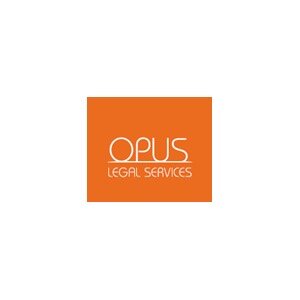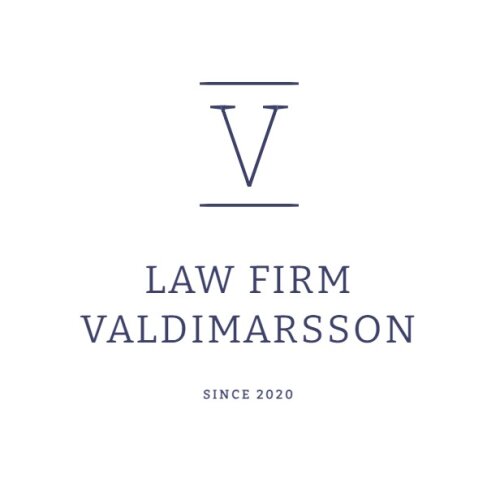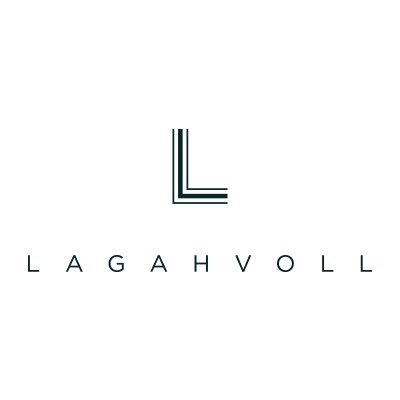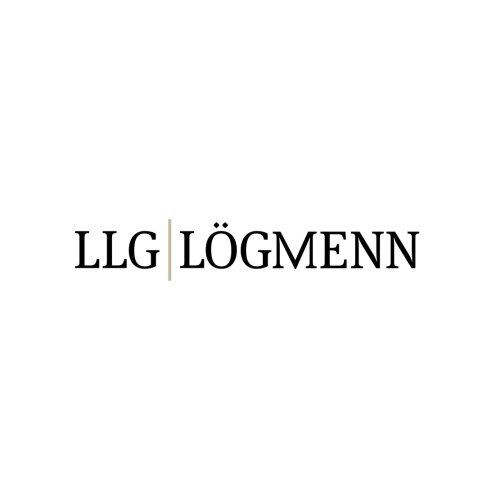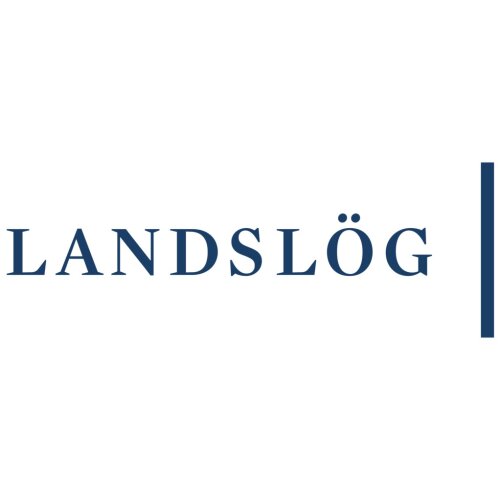Best Antitrust Litigation Lawyers in Iceland
Share your needs with us, get contacted by law firms.
Free. Takes 2 min.
Or refine your search by selecting a city:
List of the best lawyers in Iceland
About Antitrust Litigation Law in Iceland
Antitrust litigation in Iceland addresses disputes related to competition law and ensures that markets remain fair and competitive. These laws are designed to prevent monopolistic practices, price-fixing, abuse of dominant market positions, and other actions that hurt consumers or hinder healthy competition. The main authority responsible for enforcing competition rules is the Icelandic Competition Authority (Samkeppniseftirlitið), which oversees investigations and brings actions against businesses suspected of violating these laws. Antitrust litigation might involve court proceedings, government investigations, or administrative reviews relating to breaches of competition statutes.
Why You May Need a Lawyer
People and companies may need legal representation in antitrust litigation for various reasons. You may require a lawyer if you are accused of violating competition regulations, such as colluding with competitors to fix prices, or if your business is a victim of unfair competitive practices by others. Businesses facing investigations by the Competition Authority or involved in merger control processes often seek legal help. A lawyer can also assist you in filing a complaint against a competitor or defending your interests in court or before regulatory authorities. Antitrust law can be complex, and legal advice may be essential to ensure compliance with the law and to protect your rights during litigation or investigation.
Local Laws Overview
Iceland’s framework for antitrust law is primarily set forth in the Competition Act No. 44/2005. This law prohibits agreements or concerted practices between businesses that restrict competition, such as price-fixing, bid-rigging, or market-sharing. It also prohibits abuse of a dominant market position, for example, by imposing unfair selling prices or limiting production. The law contains provisions on merger control, requiring companies to seek clearance from the Competition Authority for certain mergers and acquisitions. Iceland is also part of the European Economic Area (EEA), meaning that EEA and European Union competition rules may apply in certain cases. The Competition Authority has investigatory and enforcement powers, including issuing fines or requiring remedies, and individuals or companies have the right to appeal decisions through the Icelandic courts.
Frequently Asked Questions
What is antitrust law in Iceland?
Antitrust law in Iceland refers to a set of rules and regulations aimed at maintaining fair competition in the marketplace. It prohibits practices such as cartels, abusive dominance, and anti-competitive mergers.
Who enforces antitrust laws in Iceland?
The Icelandic Competition Authority is the main body responsible for enforcing competition laws, investigating suspected breaches, and imposing penalties or remedies as needed.
What activities are considered anti-competitive?
Anti-competitive activities include price-fixing, bid rigging, dividing markets or customers, abusing a dominant position, and mergers that reduce market competition without approval.
Can individuals or companies be fined for breaching competition law?
Yes, both individuals and companies can face significant fines or other administrative sanctions if found to have violated competition law in Iceland.
How can I report anti-competitive behavior?
Anyone can file a complaint with the Icelandic Competition Authority if they suspect anti-competitive conduct. Submissions can be made anonymously in many cases.
What is the process for an antitrust investigation?
The Competition Authority typically starts with a preliminary inquiry, followed by a formal investigation if needed. It may request documents, conduct interviews, and carry out raids before making a decision.
Are there defenses available in antitrust cases?
Yes, companies or individuals can present evidence that their conduct does not harm competition or is justified by objective business reasons. Legal counsel can advise on available defenses.
How does merger control work in Iceland?
Mergers and acquisitions that meet specific thresholds must be notified to the Competition Authority for approval. Mergers that substantially reduce competition may be blocked or allowed only with conditions.
Do Icelandic laws apply to foreign companies?
Yes, Icelandic competition laws apply to foreign companies if their actions have an effect on the Icelandic market, even if they are based outside the country.
Is it possible to appeal a decision made by the Competition Authority?
Yes, parties affected by a decision of the Competition Authority can appeal to the Appeals Committee or to Icelandic courts for a judicial review of the decision.
Additional Resources
- Icelandic Competition Authority (Samkeppniseftirlitið) - The primary regulator and enforcement body for competition law in Iceland. - Ministry of Industries and Innovation - Supervises the administration of competition policy. - EFTA Surveillance Authority - Monitors EEA competition law compliance, relevant for cross-border cases. - Icelandic Bar Association - Can help you find qualified lawyers specializing in antitrust and competition law.
Next Steps
If you believe that you are involved in or affected by antitrust issues in Iceland, the first step is to consult with a qualified lawyer specialized in competition law. Gather any documents and information relevant to your situation, such as contracts, correspondence, or notices from authorities. Contact the Icelandic Competition Authority if you need to report suspected violations or seek guidance about your legal rights and obligations. If a merger or acquisition is planned, ensure timely notifications to the authorities. In all cases, seeking early legal advice can help you understand your position, possible risks, and the best course of action to protect your interests.
Lawzana helps you find the best lawyers and law firms in Iceland through a curated and pre-screened list of qualified legal professionals. Our platform offers rankings and detailed profiles of attorneys and law firms, allowing you to compare based on practice areas, including Antitrust Litigation, experience, and client feedback.
Each profile includes a description of the firm's areas of practice, client reviews, team members and partners, year of establishment, spoken languages, office locations, contact information, social media presence, and any published articles or resources. Most firms on our platform speak English and are experienced in both local and international legal matters.
Get a quote from top-rated law firms in Iceland — quickly, securely, and without unnecessary hassle.
Disclaimer:
The information provided on this page is for general informational purposes only and does not constitute legal advice. While we strive to ensure the accuracy and relevance of the content, legal information may change over time, and interpretations of the law can vary. You should always consult with a qualified legal professional for advice specific to your situation.
We disclaim all liability for actions taken or not taken based on the content of this page. If you believe any information is incorrect or outdated, please contact us, and we will review and update it where appropriate.
Browse antitrust litigation law firms by city in Iceland
Refine your search by selecting a city.






